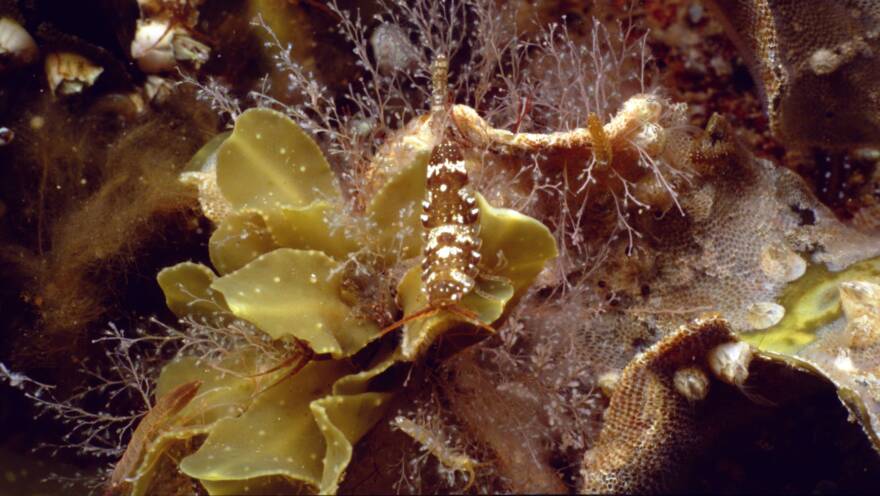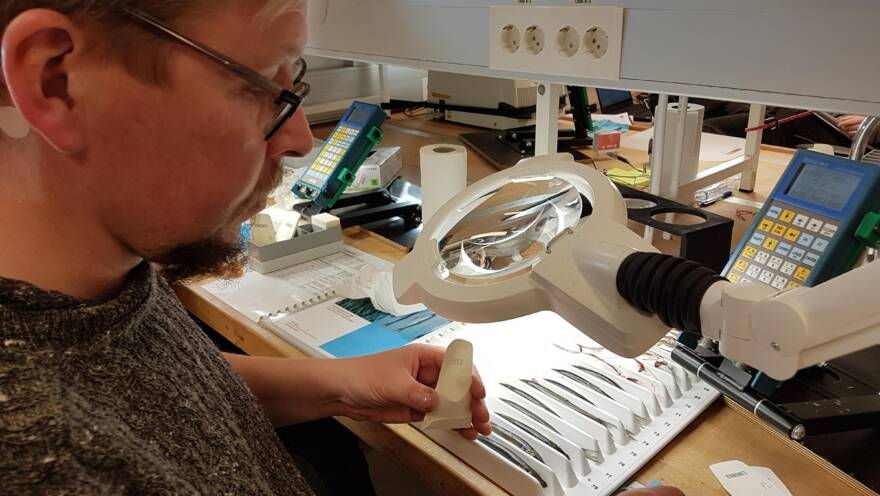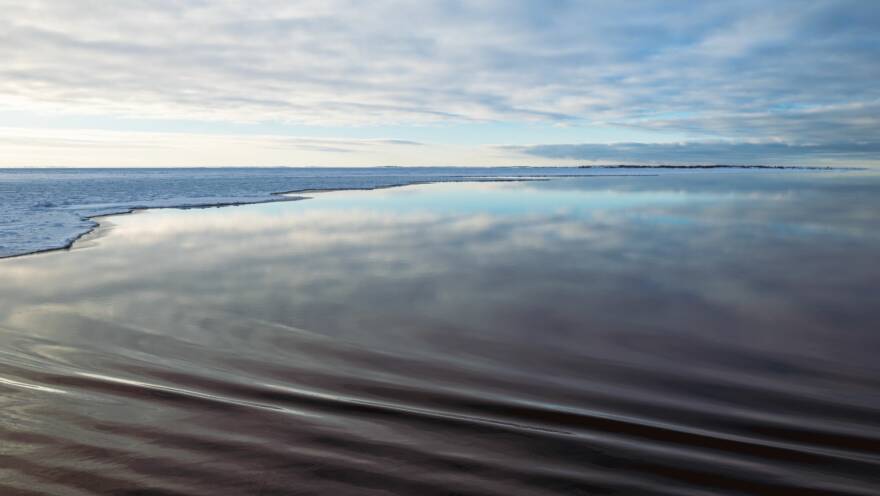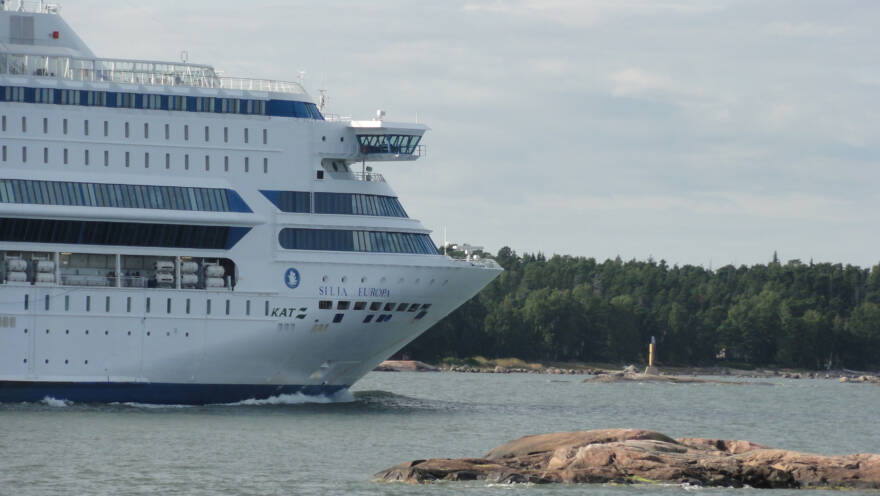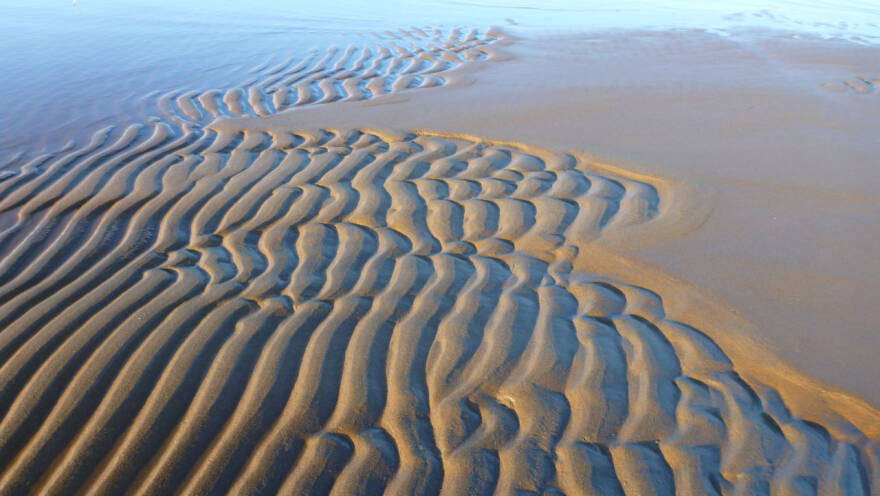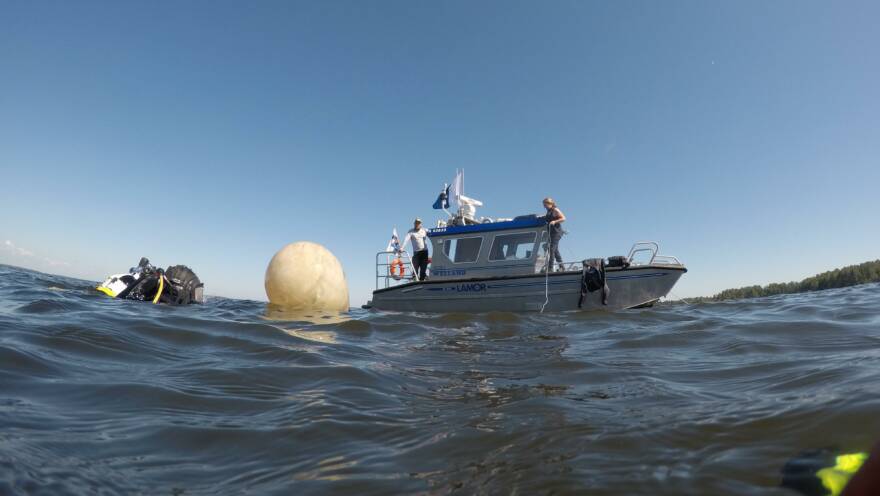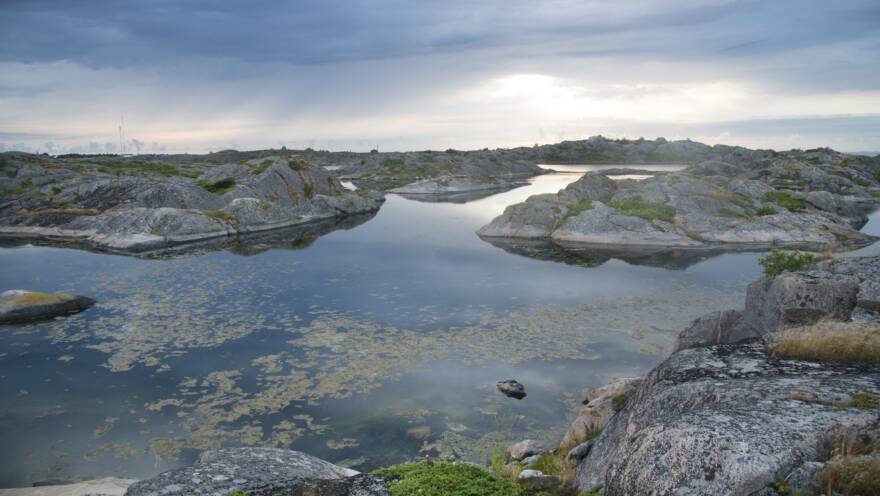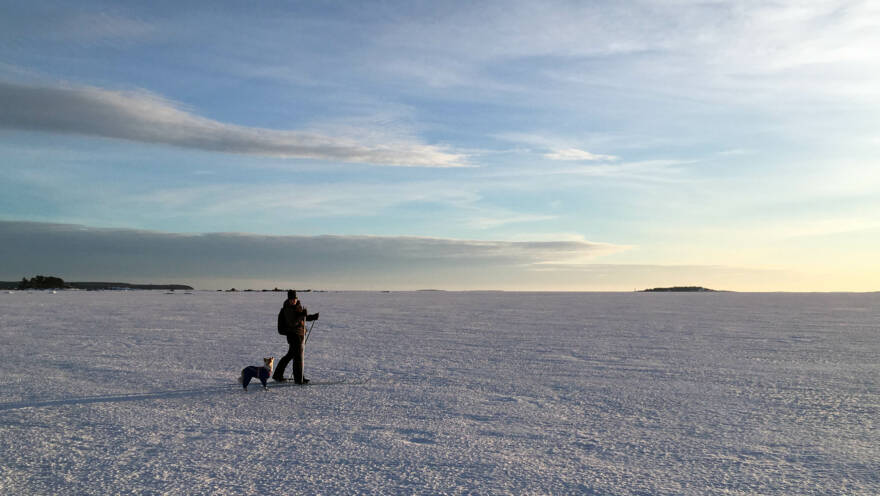
What is studied and why
Research reveals the secrets of the Baltic Sea. It opens perspectives on the history of the birth of the Baltic Sea and also helps to understand its current state. Also, research reveals what kind of treasures the Baltic Sea still hides within itself, as well as what pressures are putting a burden on the sea and threatening its future.
Both man and the Baltic Sea are interconnected in a weave of many threads. Marine research explores this network of relationships and identifies its important connections. This will create the conditions for the sensible and balanced management and use of the sea.
The research which is oriented on the well-being and sustainable use of the sea is multidisciplinary in its approach. It examines the geological features of the sea, the quality of the water, as well as the marine biota.
In marine research, man has always operated side by side with nature through the ages. The common history of man and the sea is written in the cultural heritage sites found sunken on the seabed, as well as in the archipelago. The sea has been and continues to be an important waterway and source of natural resources.
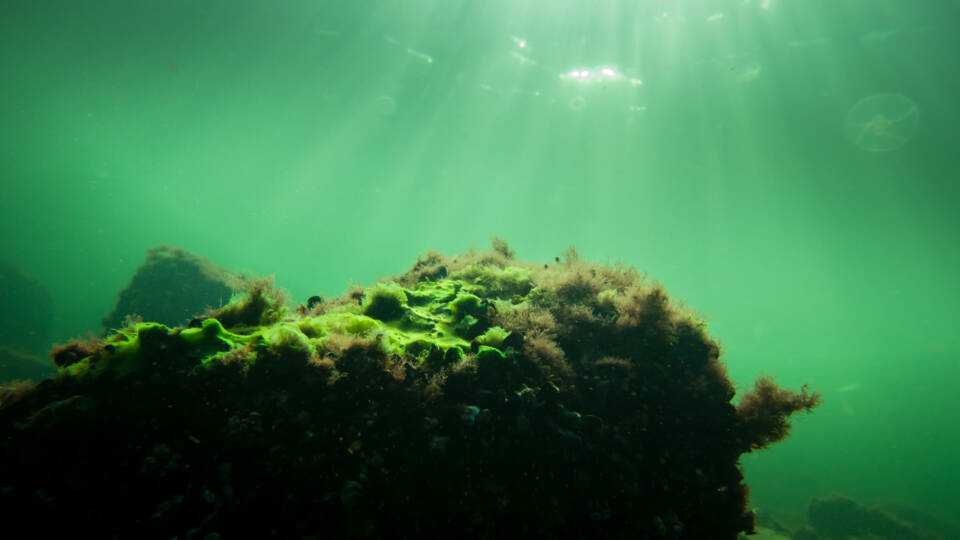
Why do we explore the sea?
The impact of the sea and the services it provides extend deep into the fabric of society, including foreign trade, national defence, as well as its cultural life. The importance of the archipelago and the coast for recreation and tourism is growing. Marine research supports the long-term development of these activities.
One of the priorities of marine research is the so-called blue bioeconomy, which develops economic activities based on the sea and its renewable resources. Together with technological advances, marine research opens up new opportunities for producing food and energy at sea. Finland is at the forefront of this research and development work.
Both marine archaeology and geology offer a glimpse of the inhabitants of the Baltic Sea and its surroundings in the past. Sediment deposits on the seabed reveal to researchers how the climate in the region has evolved over the past millennia. This information also helps us to understand current climate change and its effects.
The ultimate goal of Finnish marine research is to improve the well-being of both the Baltic Sea and the Finnish people.
